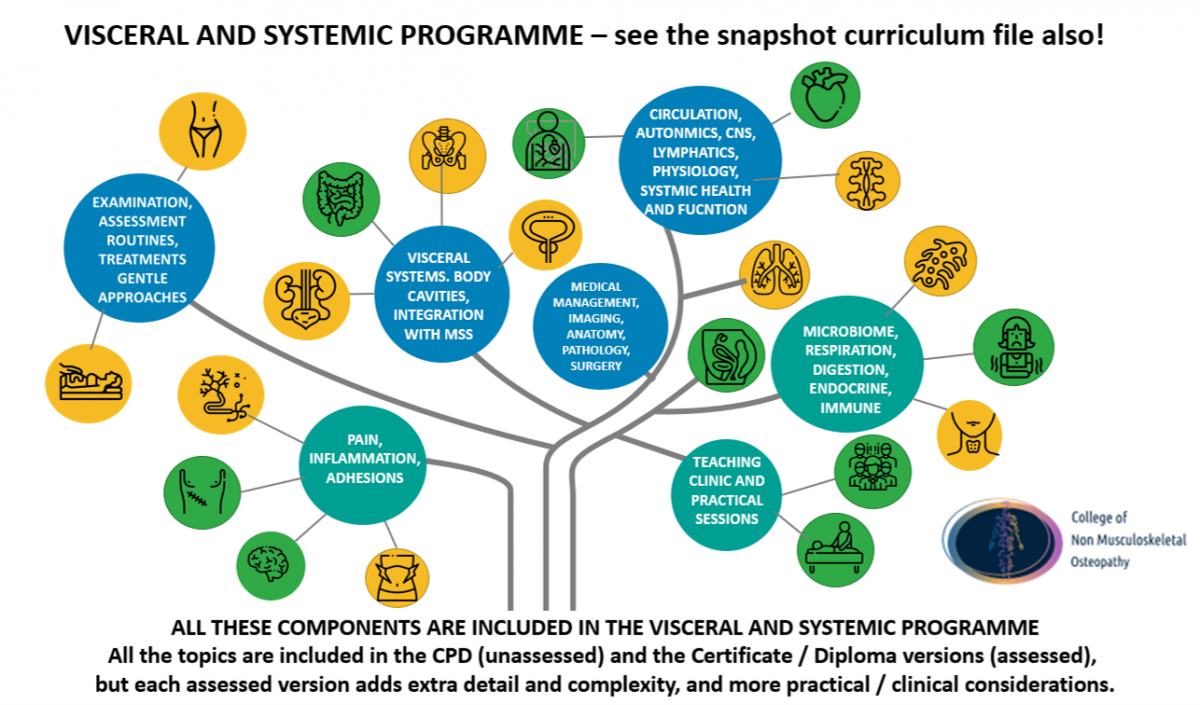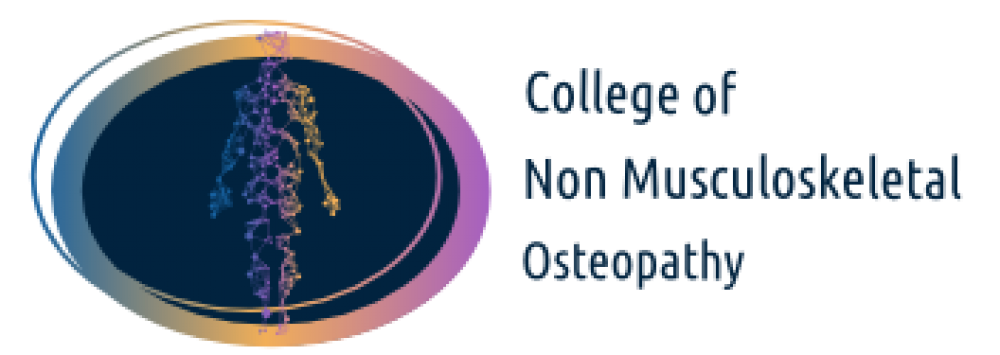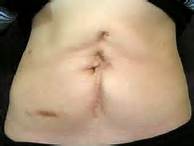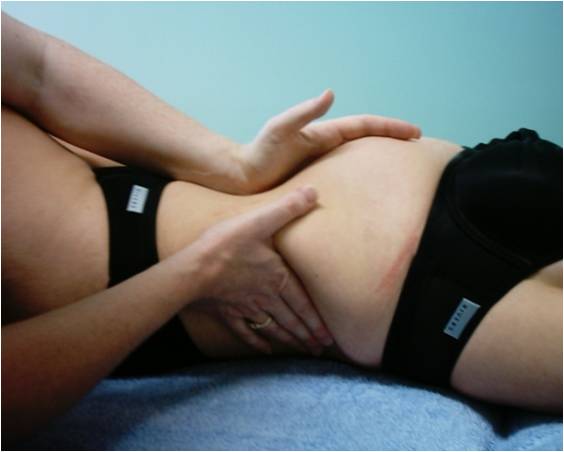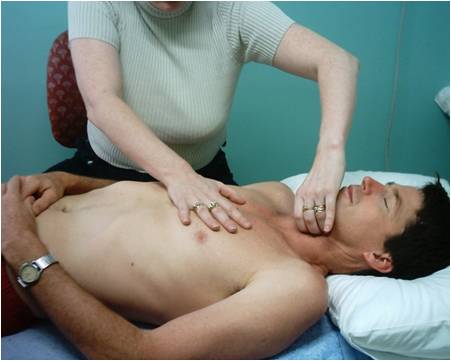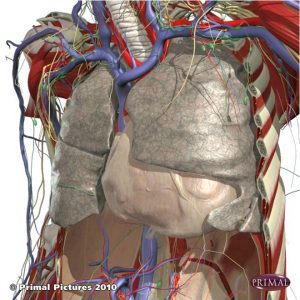
Certificate / Diploma in Visceral and Systemic Care
ENROLMENTS OPEN – PRACTICAL COURSE SERIES WITH SUPPORTIVE ELEARNING CONTENT – see the course page.
THIS PROGRAMME INCLUDES A RANGE OF OSTEOPATHIC MEDICINE CONCEPTS, AND INCLUDES A RANGE OF TECHNIQUES, INCLUDING FASCIA, FLUIDS, NERVES, BONES AND A PHYSIOLOGICAL INTERPRETATION OF TISSUE STATES AND TECHNICAL APPROACHES. IT INCLUDES A TEACHING CLINIC OPTION,
Visceral and Systemic osteopathy – health concepts, physiological care, somatoemotional dynamics, how to work with the body’s systems and communication channels to restore health and agency.
From functional gut disorders, to breathing dysfunction, endocrine immune challenges and urogenital problems there are usually a wider range of somatic, circulatory, neural, fascial and biopsychosocial components to someone’s problem. All manner of somatic and musculoskeletal factors add to this, and there are many tissue involvements in the visceral, vascular and connective tissue elements to consider also.
THIS COURSE BRINGS YOU BACK TO THE ORIGINAL FOCUS OF OSTEOPATHY – HOW TO FIND AND RESTORE HEALTH AND FUNCTION, AND THIS COURSE GIVES YOU THE PRACTICAL TOOLS TO DO IT!
For most people the function of their organs and viscera is a ‘sub-conscious’ part of life, but for others, the activities and problems within their organs can be something they are more aware of, or have problems with, or are struggling to accommodate a pathology or disorder that is complicating the way their organs can work and operate. This can have a huge negative impact on function, ability, emotions and quality of life. Similarly the cardiovascular and endocrine immune systems should run in the background and the autonomic and vagal / interceptive systems should inform our central nervous systems so the best way to balance life and physiological and emotional demands can be organised.
